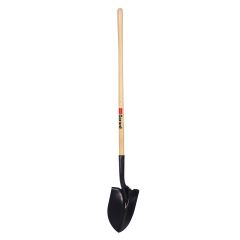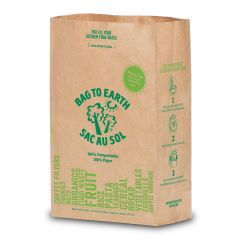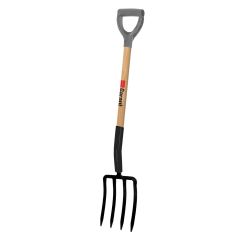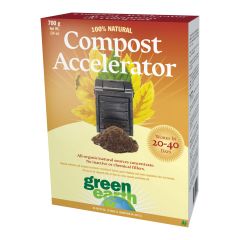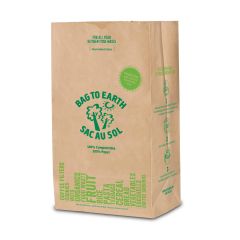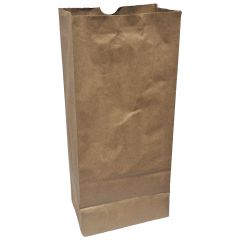Embrace Green Living: The Benefits of Composting and How to Get Started
In a world striving for sustainability, composting stands out as a simple yet powerful way to make a positive impact. Not only does composting reduce waste sent to landfills, but it also enriches soil, reduces greenhouse gas emissions, and fosters a deeper connection to nature. In this guide, we’ll delve into the benefits of composting and provide you with some easy steps to get you started on your composting journey.
Benefits of Composting:


1 Helps Reduce Waste
- Roughly 30% of household waste is organic material that has the potential to be composted.
- Composting helps divert organic waste from landfills.
- It reduces methane emissions.
- It significantly reduces household carbon footprint.

2 It enriches the soil to help enhance plant growth:
- Composting adds essential nutrients to the soil.
- It helps the soil retain more moisture.
- It helps promote biodiversity.

3 Helps to conserve resources and save money
- It reduces the need for chemical fertilizers and soil conditions.
- It helps conserve water consumption by improving soil moisture retention and helps prevent soil erosion
- By reducing waste heading to landfills, it may help reduce waste management fees.
How to get started with composting.


1 Choose a composting method.
- Depending on your space, resources, and lifestyle, Composting methods can range from a traditional backyard system with a bin or pile to a more minor indoor system.
- If composting outdoors, you’ll need a designated area or composting bin.
- You can build your own using wooden pallets and wire mesh or recycled containers.


2 Gather organic material.
- Start with produce scraps**, coffee grounds, and grass clippings (“greens” nitrogen-rich materials) and combine with dry leaves, straw, and shredded paper (“browns” carbon-rich materials). This combination helps create optimal composting conditions.
- It's recommended to avoid meat, dairy, and oily food as they tend to attract pests and can slow down the composting process.
- Check with your local municipal waste management systems to see what programs they offer for composting these materials.

To gain even more value for your produce scraps, before throwing them into the compost, store them in the freezer in a container until you have enough to fit in a stock pot. Place in a pot and fill with water; bring to a boil and and simmer. Now you have homemade vegetable stock for soups! Once strained and cooled, the veggies can be added to your compost.

3 Start Composting!
- Alternate layers of the browns and greens in your composting bin or pile to ensure a balanced nitrogen and carbon ratio to promote decomposition
- Keep the compost moist and mix regularly to accelerate the decomposition process.

4 Monitor and be patient.
- Now that you’ve started composting, it is important to know that the process does take time.
- It is recommended to check your compost regularly for moisture levels, odour, and signs of decomposition. Adjust the balance of materials as needed and continue adding organic waste to your compost over time.
- With patience and consistency, it won’t be long before you are rewarded with nutrient-rich compost to help nourish your garden, plants, and landscaping.

Embarking on a composting journey empowers people to impact the environment positively and fosters a deeper connection to the natural world. By embracing composting practices in our homes and communities, we can all play a part in building a more sustainable future for generations. Start small, experiment, and witness the transformative power of composting in action as we celebrate Earth Day on April 22.

